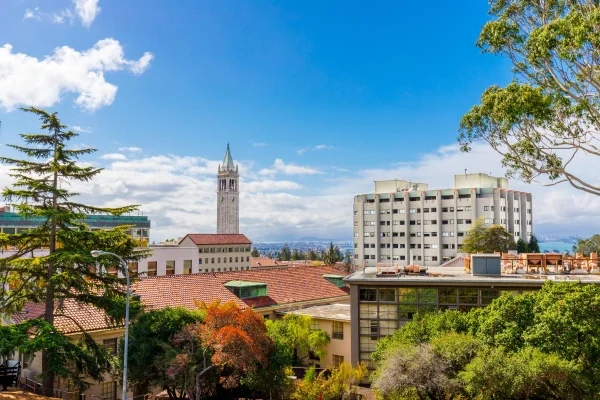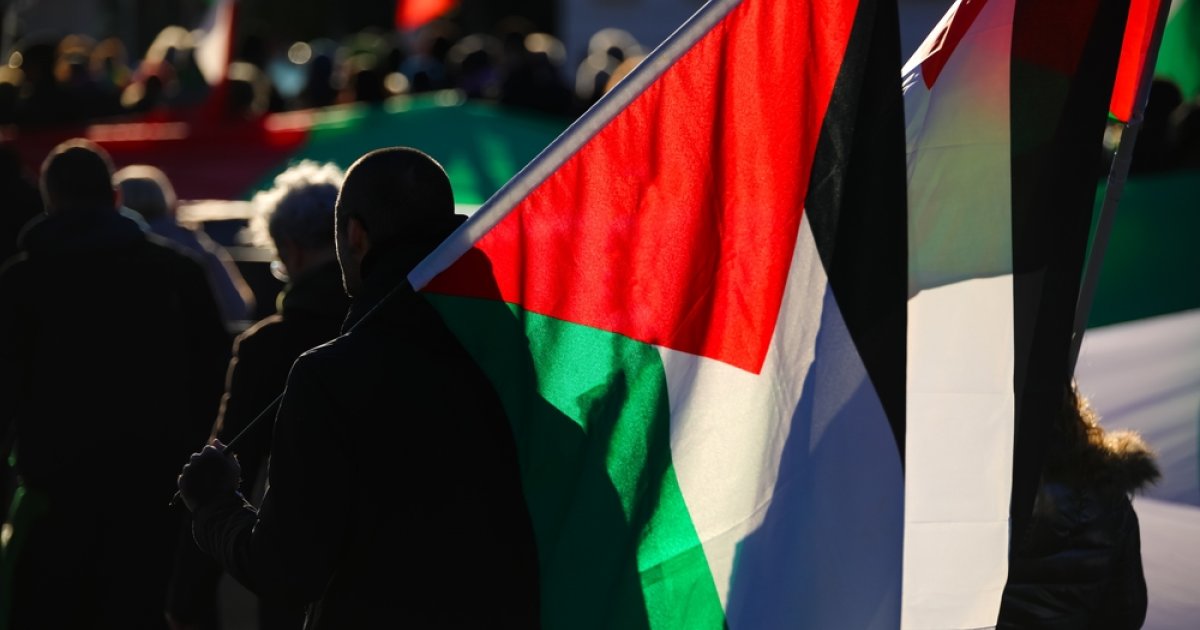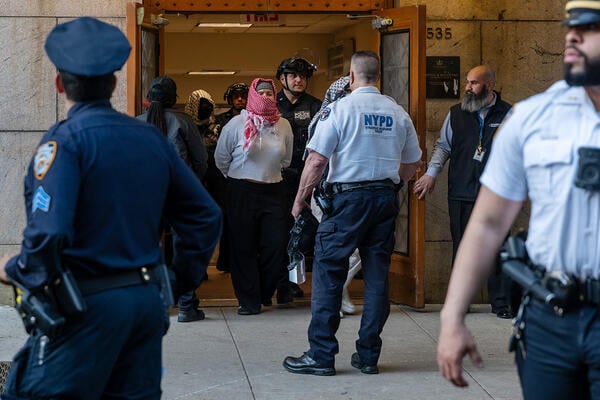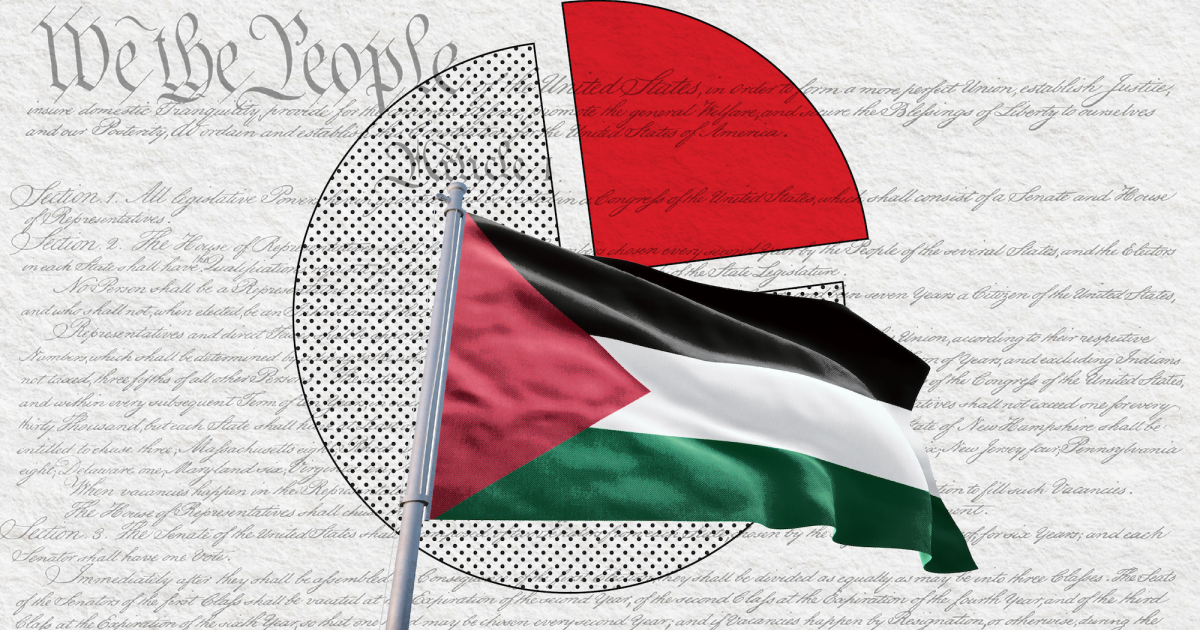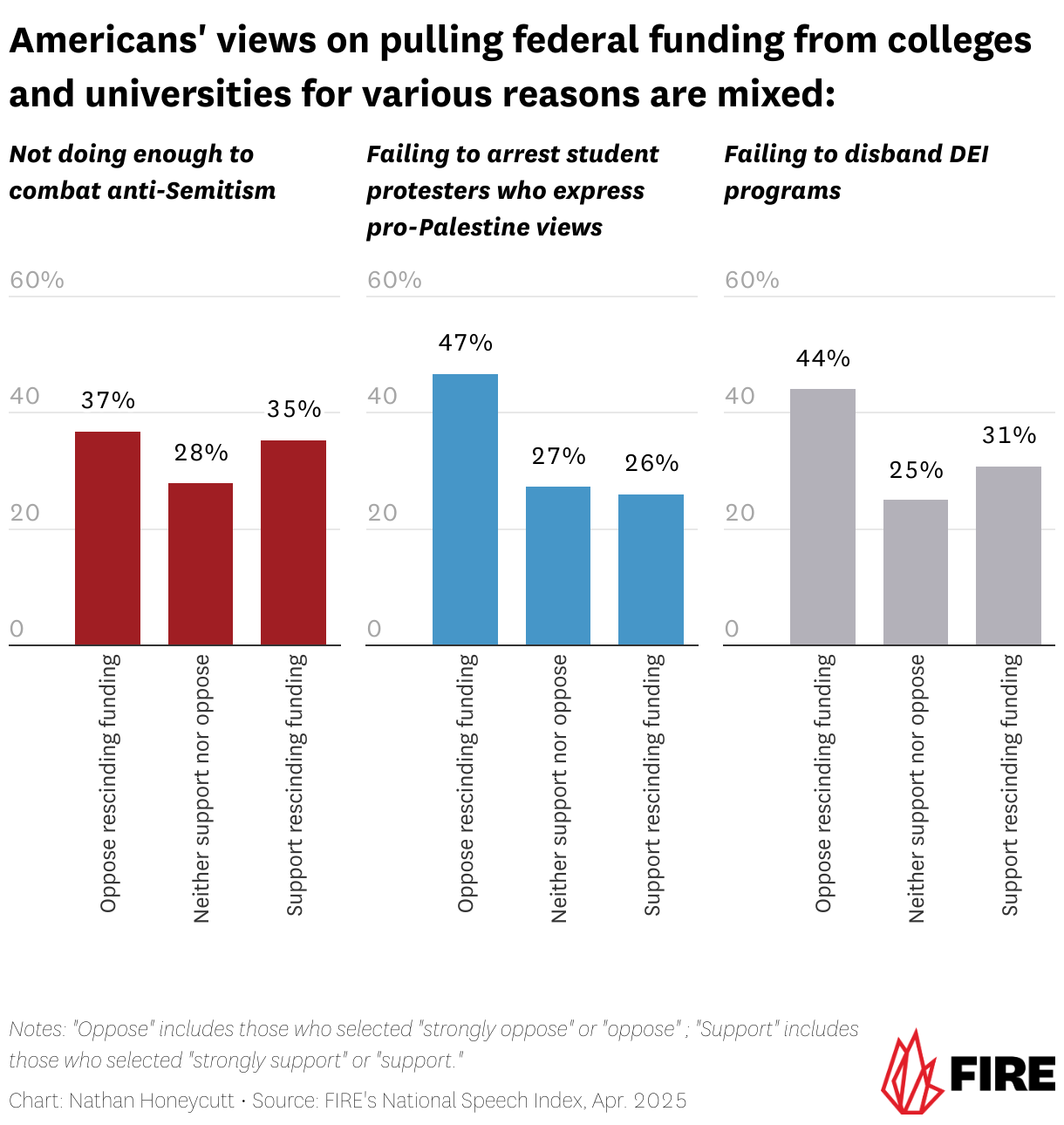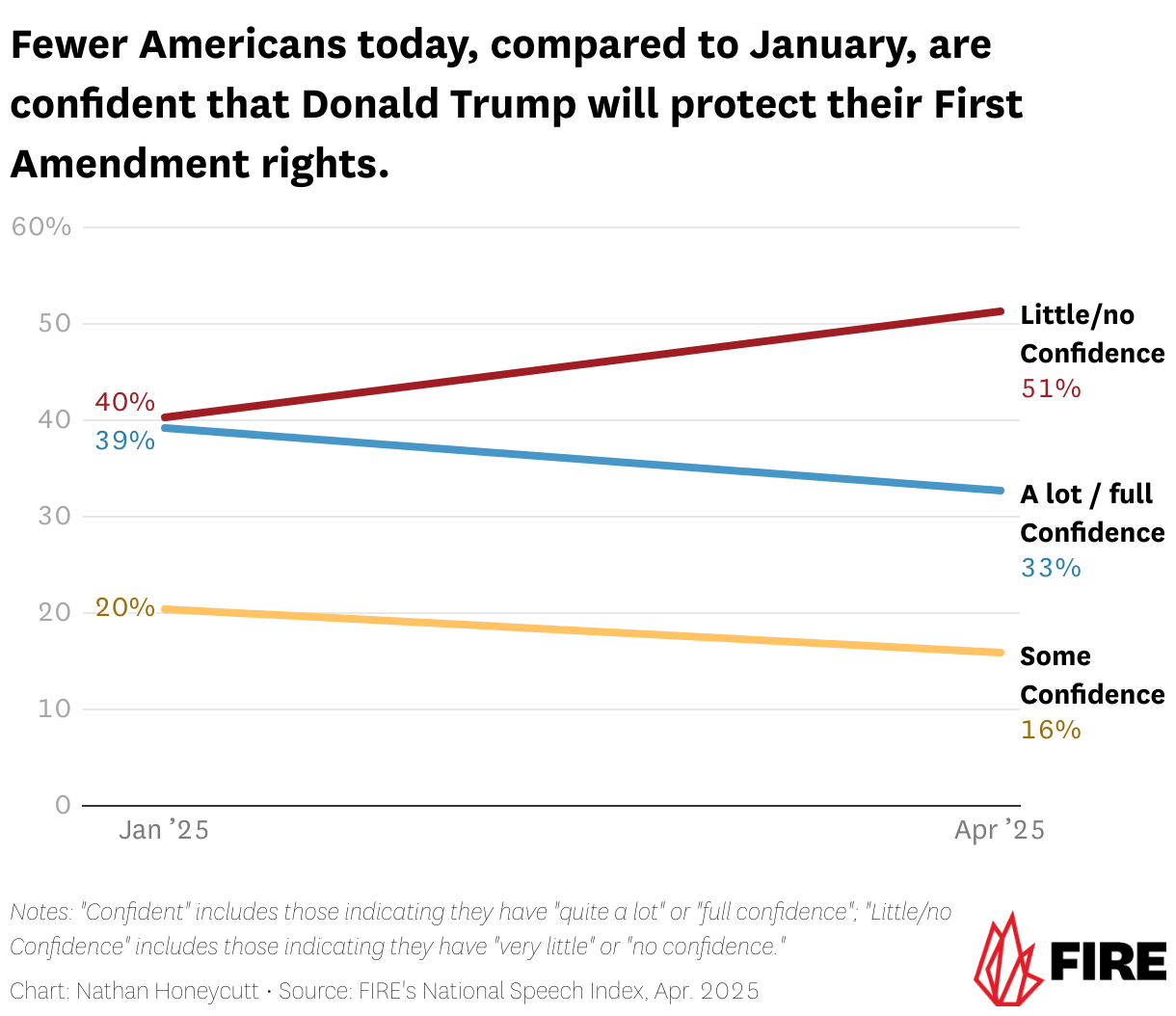About 80 pro-Palestinian protesters were arrested at Columbia University Wednesday as they occupied a reading room in the campus’s library, The New York Times and other sources reported.
The arrests come just over a year after protesters at Columbia occupied Hamilton Hall, an academic building, as part of a massive protest movement that inspired other student demonstrations nationwide but drew ire from Republicans and pro-Israel groups, who argued that the protesters’ chants and signs were antisemitic.
Columbia isn’t the only campus where protesters are seeking to revitalize the movement as the spring semester winds down. Though their numbers are nowhere near the hundreds that erupted last spring, pro-Palestinian protests have sprung up on several campuses in recent weeks—in some cases honoring the anniversary of last year’s demonstrations or calling for charges against student demonstrators to be dropped.
“In light of all of the repression that the student movement for Palestine faced in the wake of the encampment last year, it’s important for us to insist on our demands, which have not changed,” a spokesperson for the University of North Carolina at Chapel Hill chapter of Students for Justice in Palestine told The News & Observer regarding a daylong demonstration held at the end of April.
Ultimately, it seems that most protesters are asking for the same thing they demanded a year ago: for their institutions to divest from companies with ties to Israel. Only an extremely small number of colleges has done so, but that hasn’t deterred students from trying.
The protests also come amid President Donald Trump’s ongoing attacks on institutions that he believes failed to protect Jewish students during last year’s demonstrations. So far, his administration has frozen billions in federal funding to Columbia and other institutions, and taken steps to deport international students who participated in the protests.
UW and Columbia
Columbia students weren’t alone in taking over a campus building in recent weeks. About 75 protesters at the University of Washington occupied a new engineering building, barricading the doors and starting fires in nearby dumpsters Monday night, The Seattle Times reported. The organizers, part of a group called Students United for Palestinian Equality and Return UW, told the paper they wanted to “repurpose a building that is meant to make weapons of war to a place that serves the needs of students and workers and staff at the University of Washington.”
Three law enforcement agencies were called in to disband the protest; 31 people were arrested.
Administrators at both Columbia and UW have issued statements condemning the protests on their respective campuses. UW president Ana Mari Cauce called the demonstration “dangerous, violent and illegal building occupation and related vandalism.” She condemned statements by the group celebrating Hamas’s deadly Oct. 7 attack on Israeli civilians, saying the institution would “continue our actions to oppose antisemitism, racism and all forms of biases.”
In a lengthy message to the Columbia campus, Claire Shipman, the recently installed acting president, called the Wednesday protest “utterly unacceptable.”
“Let me be clear: Columbia unequivocally rejects antisemitism and all other forms of harassment and discrimination. And we certainly reject a group of students—and we don’t yet know whether there were outsiders involved—closing down a library in the middle of the week before finals and forcing 900 students out of their study spaces, many leaving belongings behind. Our commitment to a safe, inclusive, and respectful campus community is unshakeable, and we will continue to act decisively to uphold these values,” she wrote.
Both presidents said they attempted to resolve the situation peacefully before sending in police.
Shipman’s statement earned her the praise from members of the Trump administration’s Task Force to Combat Anti-Semitism, who said in a statement that they are “confident that Columbia will take the appropriate disciplinary actions for those involved in this act.”
At the same time, the same task force announced it would launch a review of the protest at UW.
“The Task Force to Combat Anti-Semitism appreciates the university’s strong statement condemning last night’s violence and applauds the quick action by law enforcement officers to remove violent criminals from the university campus,” the task force said in a press release. “While these are good first steps, the university must do more to deter future violence and guarantee that Jewish students have a safe and productive learning environment. The Task Force expects the institution to follow up with enforcement actions and policy changes that are clearly necessary to prevent these uprisings moving forward.”
Arrests Elsewhere
In recent weeks, pro-Palestinian protesters have also been arrested at Swarthmore College, Rutgers University, Virginia Commonwealth University and the University of California, Los Angeles.
At Swarthmore, protesters erected an encampment on Trotter Lawn, a central campus green, on April 30, demanding divestment and the protection of students from the Trump administration. The university began issuing interim suspensions the next day. On May 3, police were called in to tear down the encampment, according to a statement by college president Val Smith. Police arrested nine individuals, including one current and one former student.
The Rutgers protest, held on April 29, was arranged to oppose an appearance by U.S. Rep. Josh Gottheimer of New Jersey, an Israel supporter who participated in a roundtable on antisemitism at the university’s Hillel. Though they were protesting in a designated area near the Hillel, four individuals—three of them Rutgers students—were charged with rioting after they stepped out of the area, blocking a public sidewalk, according to MyCentralJersey.com.
At VCU, one person was arrested April 29 during a gathering to commemorate a clash between protesters and police on campus the previous year. A student organizer with the campus’s Students for Justice in Palestine chapter said the event was not a protest. However, university police said it violated a policy that requires authorization for events where students hold signs or banners, The Progress-Index reported. Police asked the students to disperse and arrested one individual who held up a sign chastising police for pepper-spraying protesters last April.
At UCLA, three individuals were arrested at an on-campus showing of The Encampments, a documentary on the pro-Palestinian encampments of spring 2024. According to the university, the event, which drew about 150 guests, was unauthorized because it was hosted by the campus’s SJP chapter, which was suspended in February. The university indicated that the three individuals were arrested for assaulting a police officer and assaulting and robbing a student.
‘Scared to Talk About It’
Despite the recent increase in protests, the Trump administration’s actions—as well as the penalties levied on student protesters by many institutions over the past year—seem to have quieted some planned demonstrations this spring.
Emory University was home to an explosive clash between protesters and police on April 25, 2024, which led to 28 arrests. But this year, according to The Emory Wheel, Emory’s student newspaper, only about 50 people showed up to an event commemorating that day.
One faculty demonstrator told the Wheel that many students no longer felt comfortable protesting.
“It’s clear that there’s just a lot of people who are afraid,” he said. “You don’t have to actually arrest people sometimes to suppress freedom of speech.”
Student protesters at the University of Texas at Austin, the site of over 130 arrests in April 2024, expressed a similar sentiment during a protest marking the anniversary of those arrests. About 100 people showed up, according to the university’s student paper.
“You don’t hear near as many people talking about the genocide that’s going on, even here at UT,” a student told The Daily Texan. “With the 100-plus arrests that [law enforcement] made, people are almost scared to talk about it or to do anything about it.”

